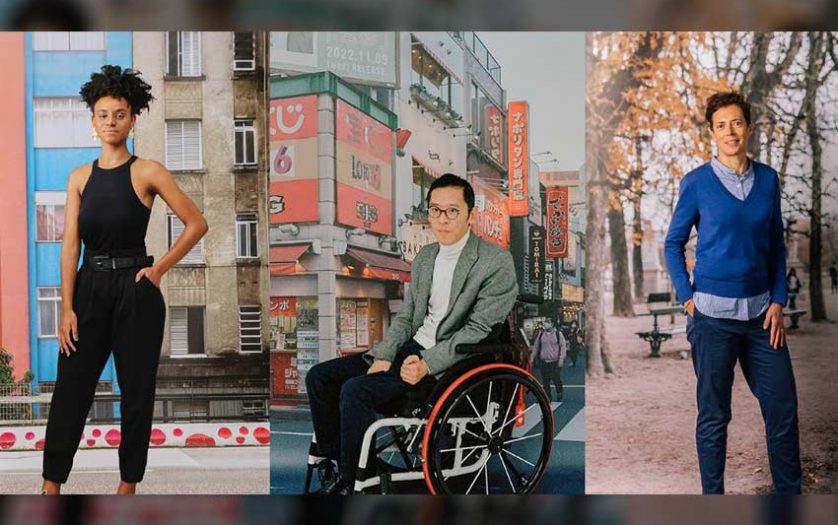
Sanofi announces at the 53rd Annual Meeting of the World Economic Forum in Davos the launch of the Sanofi NextGen Scholarship, its first global higher education scholarship program for people from numerous communities underrepresented in healthcare professions.
The program will help pay tuition and other expenses at institutions of higher education for students who are part of their nation’s ethnic minority groups, women, people with disabilities and members of the LGBTQ+ community who wish to pursue careers as doctors, nurses, scientists, researchers and other healthcare-related professions.
The Sanofi NextGen Scholarship program will work hand-in-hand with leading higher education institutions across the world to annually identify up to 100 new talented students from underrepresented populations to become Scholars. Students will be able to apply for the scholarship program via university portals. Once selected, Scholars will be awarded funding covering partial university and living costs. In addition to financial aid, Sanofi will offer Scholars development support, mentorship and internship opportunities, and potential employment opportunities once they graduate. The program will expand to other countries in coming years.
The launch of the Sanofi NextGen Scholarship program follows the results of a global survey of underrepresented groups’ trust in healthcare, the first of its kind. Sponsored by Sanofi, the survey showed diminished trust in healthcare systems among underrepresented communities, with nearly 75% of people from underrepresented populations saying they have suffered trust-damaging healthcare experiences. The survey underscored that, when it comes to trust in healthcare, 59% of patients from underrepresented communities would like access to providers from diverse backgrounds.
“As an innovative global healthcare company, we have a role to play in responding to the destabilizing situation underrepresented populations are in when they need care. We aim to help build the next generation of diverse healthcare leaders. By also working to build trust through conversation and dialogue between underrepresented communities and healthcare stakeholders, we can help improve engagement and health outcomes for all.” said Paul Hudson, Chief Executive Officer, Sanofi
The Sanofi NextGen Scholarship program is part of ‘A Million Conversations’, Sanofi’s broader €50 million initiative that aims to create greater trust between underrepresented communities and healthcare stakeholders by 2030. ‘A Million Conversations’ will run hundreds of dialogue events in communities in the first five countries of the initiative – Brazil, France, Japan, the UK and the U.S. These events will convene three groups: people who have experienced discrimination in healthcare, representatives from local health organizations (including governments and nonprofits) and Sanofi employees, with the aim of changing policy and attitudes within the broader healthcare industry. Participants will also carry out further research into the causes of the ‘trust gap’ in the hope they can prevent it from widening. Sanofi will capture stories and feasible solutions in an annual Trust and Inclusion Report that will measure the progress of the project toward its 2030 goal.








